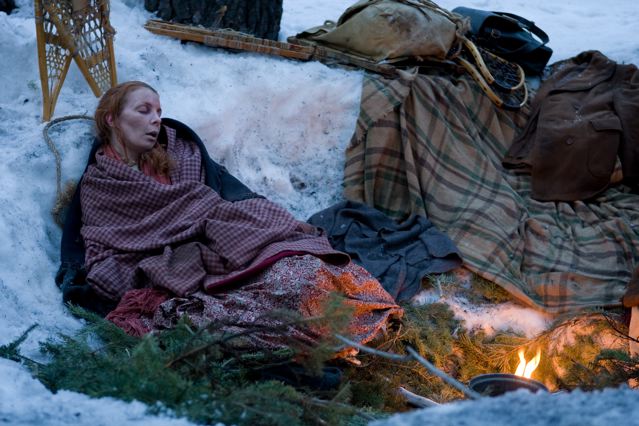Changes of Heart: An Iraq War Veteran’s Faith Story

Google Image Among its best-read stories of 2018, America Magazine lists “Deployment to Iraq Changed my View of God, Country and Humankind. So Did Coming Home” by Phil Klay. Klay is a U.S. Marine Corps veteran of the Iraq War and the author of the short story collection Redeployment, which won the 2014 National Book Award for Fiction. In 2018 he received the George W. Hunt, S. J., Prize for Journalism, Arts & Letters. I read his story with the readers of this blog in mind. Though few of us have experienced the trauma of war, Klay appears to have struggled with faith problems shared by many who are searching for God. He started from the position of a practicing, but doubt-filled, Catholic. “Faith, for me, has always been a place to register a sense of doubt, of powerlessness, of inadequacy and uncertainty about my place in the world and how I am supposed to live,” Klay writes. Facing Human Frailty “You kneel before a crucifix. Before a broken, tortured and humilia










